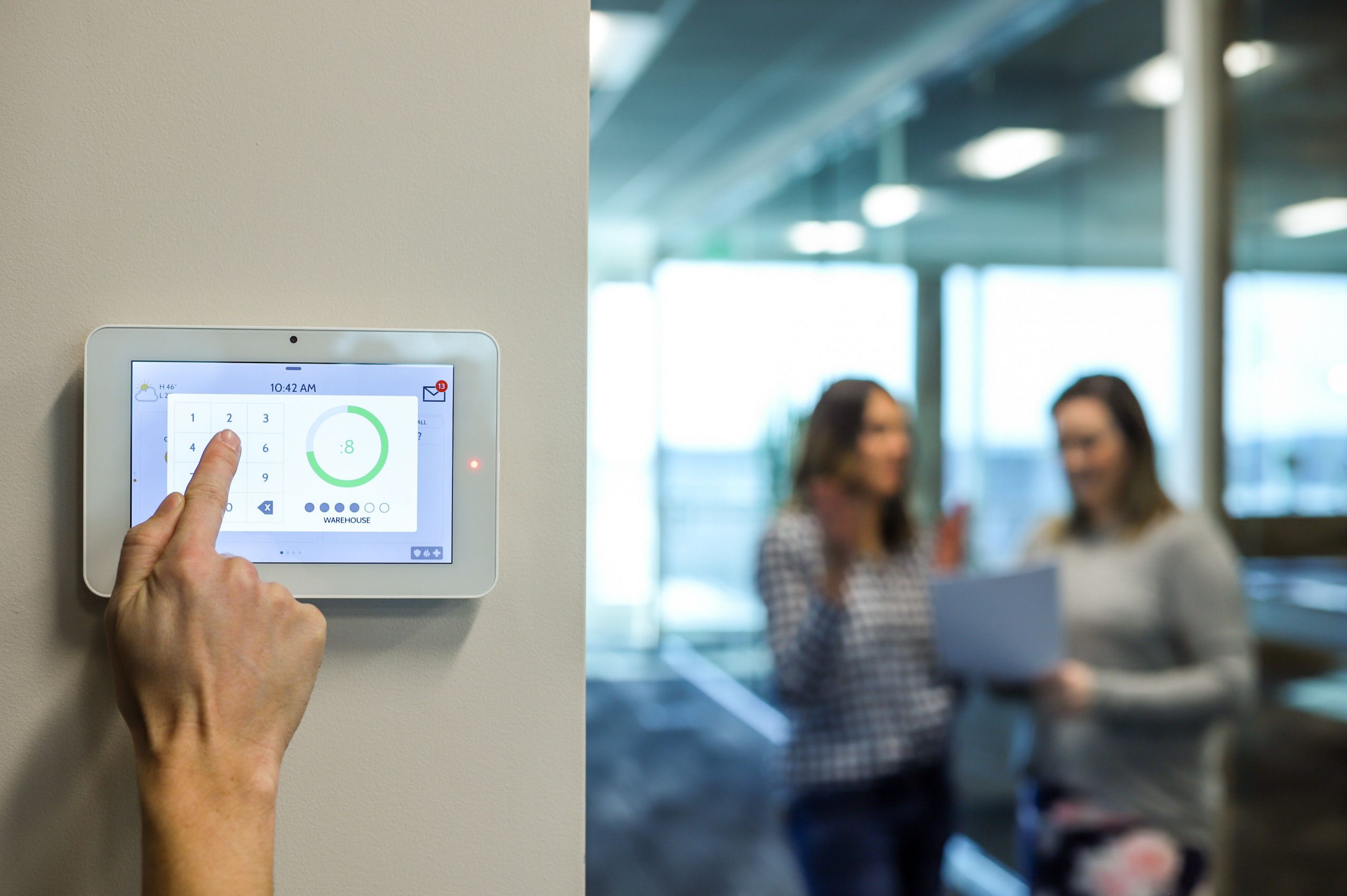Keeping our homes secure is more crucial than ever. With advances in technology, having a house alarm has become common, offering peace of mind and an added layer of protection. But with their rising popularity, many homeowners wonder: does a house alarm use a lot of electricity?
Understanding House Alarms and Their Energy Consumption
Types of House Alarms
Burglar Alarms
These are traditional alarm systems designed to sound an alarm when they detect a breach in security. They operate by using various sensors and detectors to monitor for signs of intrusion. Traditional systems can be either wired or wireless.
Domestic Intruder Alarms
These advanced alarm systems offer more features than traditional models. They come with a range of sensors designed to give you better security coverage. Additionally, these systems can connect and work with other home security devices meaning different devices can work together to provide a complete security response.
CCTV Installation
Many modern house alarms are designed to work seamlessly with CCTV systems, giving you a complete security solution. The CCTV cameras continuously record and monitor activity both inside and outside your home, capturing footage that you can check in real-time or later.
Power Consumption of House Alarms
Wired vs. Wireless Systems
Wired systems are directly connected to your home’s power supply, ensuring consistent and reliable performance. These systems are highly efficient, drawing minimal power to work, making them a practical choice for long-term use. On the other hand, wireless systems rely on batteries, which allows them to function independently of the home’s power. This can be beneficial when wiring is impractical. However, the batteries in wireless systems require regular replacements.
Factors Affecting Energy Consumption
Number of Sensors and Cameras
Adding more sensors and CCTV cameras to your home security system will slightly increase power use. However, modern systems are built to be energy-efficient. They use advanced technology to keep power consumption low without sacrificing performance. These systems often include elements that use very little power. So, even with extra sensors and cameras, the overall energy use stays manageable.
Alarm Frequency
Frequent use of your alarm system or setting it to a higher sensitivity level can increase power use. This happens because the system has to process more signals and may trigger more alerts, which needs extra energy. However, the rise in power usage is usually minimal due to the efficient design of modern alarm systems. These systems are made to handle different levels of activity and sensitivity without a big jump in energy consumption.
Monitoring Services
If your alarm system includes 24/7 monitoring by a domestic security company, it might use more electricity to stay constantly connected to the monitoring service. This ongoing connection ensures that any security breach is immediately reported for a quick response. The system usually uses a mix of wired and wireless communication to keep this constant link. These communication methods need a continuous power supply to work effectively.
Comparing House Alarms to Other Household Appliances
A typical house alarm system often uses less than 70 watts a year. To put that energy use into perspective, let’s compare it with other common household appliances:
- Refrigerators: On average use around 100 to 800 kWh per year
- Light Bulbs: A standard light bulb uses between 10 to 100 kWh per year
- Televisions: These can use 50 to 400 kWh per year, depending on the device
How to Minimise Energy Usage of Your House Alarm
Although house alarms are not major power consumers, there are several ways to make them more energy-efficient. Choose energy-efficient models designed with low power consumption in mind. Regular maintenance is crucial; ensure that the system is well-maintained by replacing batteries in wireless systems regularly and checking that all components are functioning correctly to avoid unnecessary power usage. Additionally, combining your alarm system with smart home technology, such as timers and smart controls, can help manage when certain features of the security system are active, potentially reducing energy use.
Panther Security
House alarms are designed to be low-energy devices that provide essential security without significantly impacting your electricity bill. Whether you choose a traditional burglar alarm, a sophisticated domestic intruder alarm, or a complete system with CCTV installation, the energy consumption is minimal compared to other household appliances.
By selecting an energy-efficient model, maintaining your system, and possibly combining it with smart home technology, you can further reduce any potential energy use. At Panther Security, we understand the dual need for advanced security systems and energy efficiency so we offer customised security plans tailored to your specific requirements.
Choosing Panther Security means opting for a blend of top-notch security and energy efficiency. Our advanced technology, eco-friendly options, exceptional support, and commitment to customer satisfaction make us the ideal choice for your home alarm needs.
Protect your home intelligently and sustainably with us, contact Panther Security for a free, no-obligation quote and take the first step towards a safer home.

